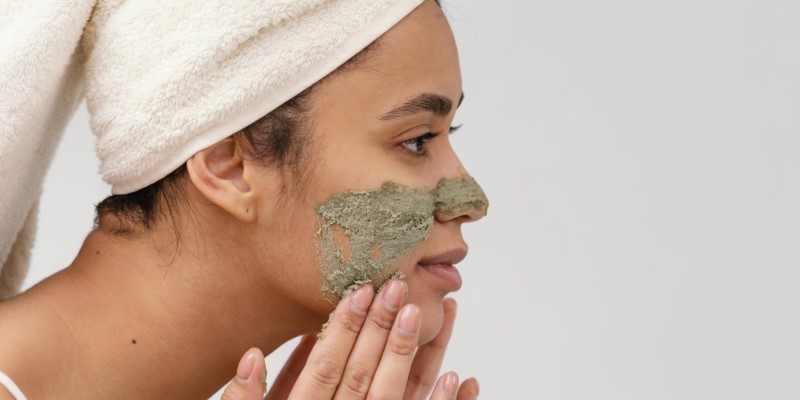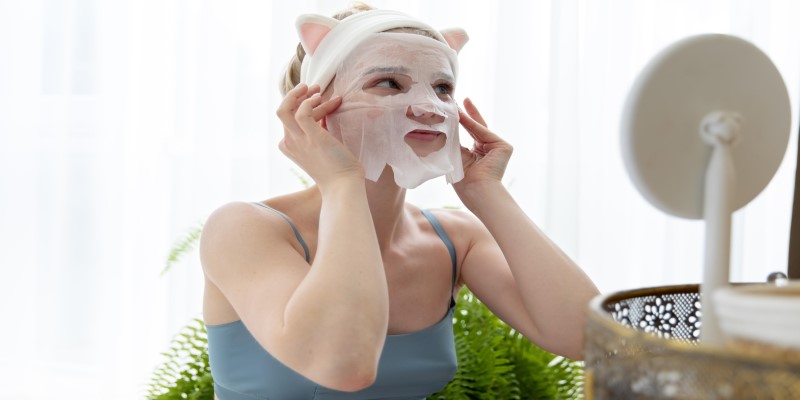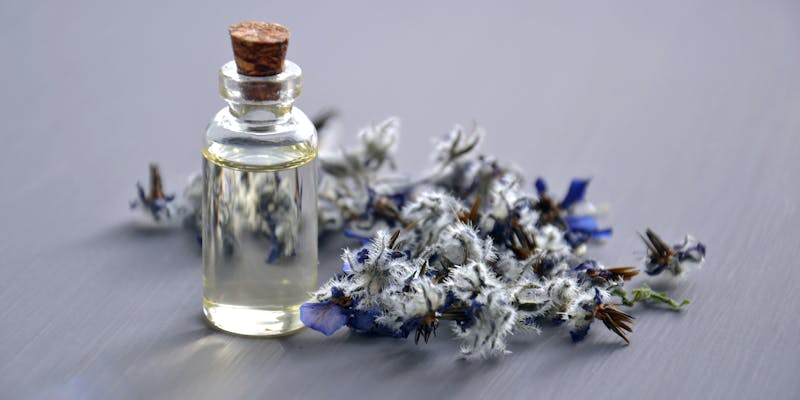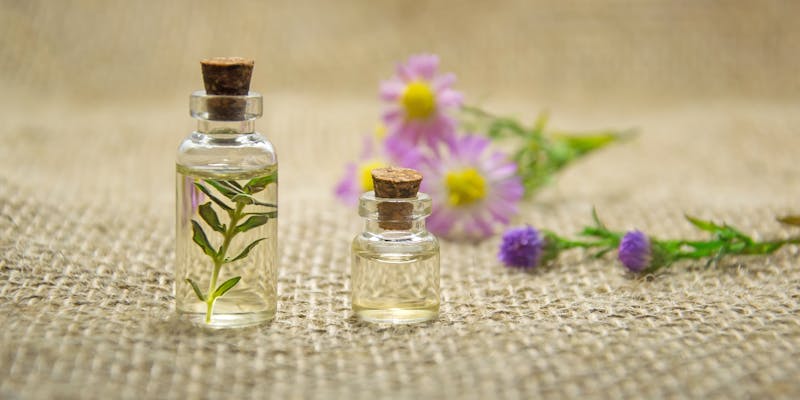The Ultimate Guide to Glowing Skin: Clay and Charcoal Face Masks Unveiled
Mar 07, 2024 By Nancy Miller
Clay and charcoal face masks have gained immense popularity in the ever-evolving skincare world. These two ingredients, derived from nature, promise to purify and rejuvenate the skin. But how do they differ, and which one is the best fit for your skincare routine? Let's explore the distinctive qualities of clay and charcoal to unveil the secrets of a radiant complexion.
Clay: The Ancient Beauty Remedy
Clay has a rich history dating back centuries, where it has been revered for its therapeutic properties in skincare. Extracted from the earth, clay is a versatile natural ingredient available in various types, each offering unique benefits for the skin. The three most common types of clay used in skincare are kaolin, bentonite, and rhassoul clay.
Kaolin Clay
Kaolin clay, also called Chinese clay, is renowned for its gentle characteristics, making it an excellent option for sensitive or dry skin. This particular clay is derived from the mineral kaolinite and is known for its mild exfoliating properties. It helps soothe irritation, reduces inflammation, and provides a calming effect on the skin. Kaolin clay is a go-to option for those with delicate skin seeking a skincare remedy that nurtures and revitalizes.
Bentonite Clay
Widely recognized for its impressive ability to absorb excess oil and impurities, bentonite clay is a powerhouse ingredient in skincare. This clay is formed from volcanic ash and has a strong negative charge, allowing it to attract and eliminate toxins from the skin.
Bentonite clay is particularly suitable for individuals with oily or acne-prone skin, as it effectively unclogs pores, controls excess oil production, and promotes a clearer complexion. Its deep-cleansing properties make it an essential component in various skincare formulations.
Rhassoul Clay
Originating from the Atlas Mountains, ghassoul clay is a mineral-rich clay that offers a unique set of benefits for the skin. Known for its nourishing properties, this clay suits all skin types. The abundance of minerals in Rhassoul clay imparts vital nutrients to the skin, fostering a vibrant and rejuvenated complexion.

It is often utilized for its gentle detoxifying effect, helping to remove impurities without causing excessive dryness. Rhassoul clay is a versatile option for those seeking a holistic skincare remedy.
Charcoal: The Detoxifying Dynamo
Activated charcoal, a skincare dynamo derived from carbon-rich materials like wood, coconut shells, or bamboo, has garnered significant attention for its detoxifying properties.
Purification Power
Charcoal's porous structure is instrumental in effectively absorbing toxins and impurities. This makes it an essential ingredient in deep-cleansing face masks, helping to unclog pores and minimize their appearance. The result is a thorough detoxification process that refreshes and clarifies the skin.
Oil Control
For individuals struggling with excess oil production or those with combination skin, charcoal is a valuable ally. Its natural absorbent properties make it suitable for achieving a matte finish without over-drying the skin. Charcoal strikes a balance, providing oil control while maintaining the skin's natural moisture levels.
Acne-Fighting Properties
Charcoal's antibacterial and antimicrobial properties make it a potent weapon against acne; by targeting the root causes of blemishes, charcoal aids in preventing and treating breakouts. Its multifaceted approach to skincare sets it apart, making it an excellent choice for those seeking a comprehensive solution to common skin concerns.
Choosing the Right Mask for Your Skin
As we navigate the diverse skincare landscape, a crucial decision awaits – choosing the right mask for your skin. Understanding the unique needs of your skin type is paramount in this quest for radiant, healthy skin. Let's delve into the intricacies of selecting the perfect mask that aligns with your skin's requirements and elevates your skincare routine to new heights.

Skin Type Matters
For sensitive or dry skin, clay masks, particularly ones with kaolin or rhassoul clay, offer a gentle yet effective solution. These masks work to nourish and hydrate, combating dryness and irritation. On the other hand, if you grapple with excess oil or acne, charcoal masks emerge as the ideal choice. Their powerful detoxifying effects absorb impurities and control oil production, providing solutions for those prone to breakouts.
Combination Skin
A strategic approach is key for individuals with combination skin, where oily and dry areas coexist. Applying a clay mask to the drier zones and a charcoal mask to the oilier areas helps achieve balance, addressing the unique needs of each region.
Frequency of Use
Consider the frequency of use as well. Being generally gentler, Clay masks can be incorporated more frequently, even several times a week. In contrast, charcoal masks, with their potent detoxifying effects, are best reserved for once or twice a week to prevent over-drying and maintain skin health.
Cautions and Considerations
As we navigate the diverse landscape of skincare, it is crucial to consider a few cautions and considerations that play a pivotal role in optimizing the effectiveness of your chosen skincare routine. Let's delve into these essential points to ensure a seamless and mindful approach to skincare practices.
Clay Sensitivity
While clay masks are generally well-tolerated, individuals with sensitive skin may experience reactions to specific clay types. To ensure compatibility, it's advisable to perform a patch test by applying a small amount of the product on a discreet area before covering the entire face. This precaution helps identify potential adverse reactions, allowing users to tailor their skincare routine accordingly.
Charcoal Staining
Activated charcoal possesses potent detoxifying properties, but it comes with a cautionary note. The dark color of charcoal can stain fabrics and clothing during application. To avoid potential staining mishaps, users are encouraged to be cautious while applying the mask and consider using an old towel or cloth, minimizing the risk of discoloration on personal items.
Conclusion
The choice between clay and charcoal masks in skincare ultimately depends on your skin's unique needs. Whether you opt for the soothing properties of clay or the detoxifying prowess of charcoal, incorporating these masks into your routine can elevate your skincare game. Experiment, observe, and let your skin guide you toward a healthier, more radiant complexion.

What Are The Signs and Symptoms of High Blood Pressure: An Overview

What are the Topmost Causes Of Dehydration?

The Life Span of Fish Oil Softgels: Debunking the Expiration Mystery

Uncovering the Health Benefits of Onions: Nutrition and Wellness Guide

An Art of Skin Pampering: Lavender's Luxurious Touch on Your Skin

Essential Oils: The Key to Unlocking Your Health's Full Potential!

Sodium Bicarbonate vs Table Salt: Unveiling the Contrasts Between them


